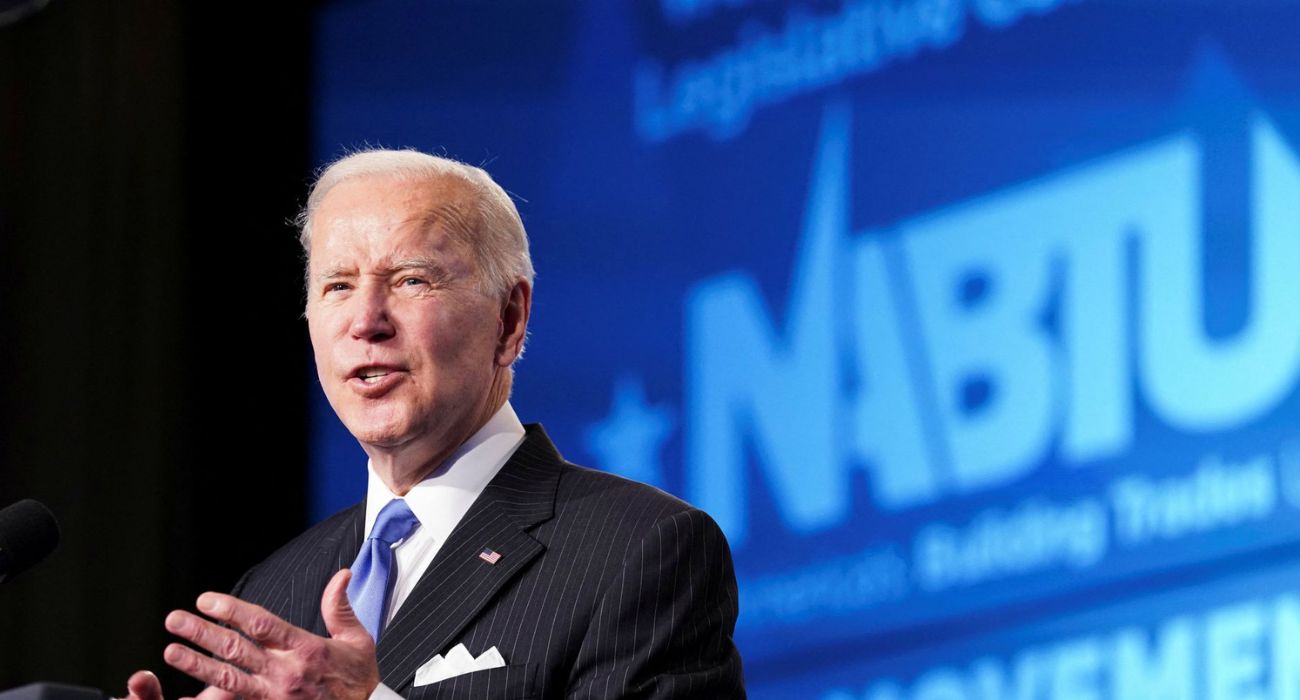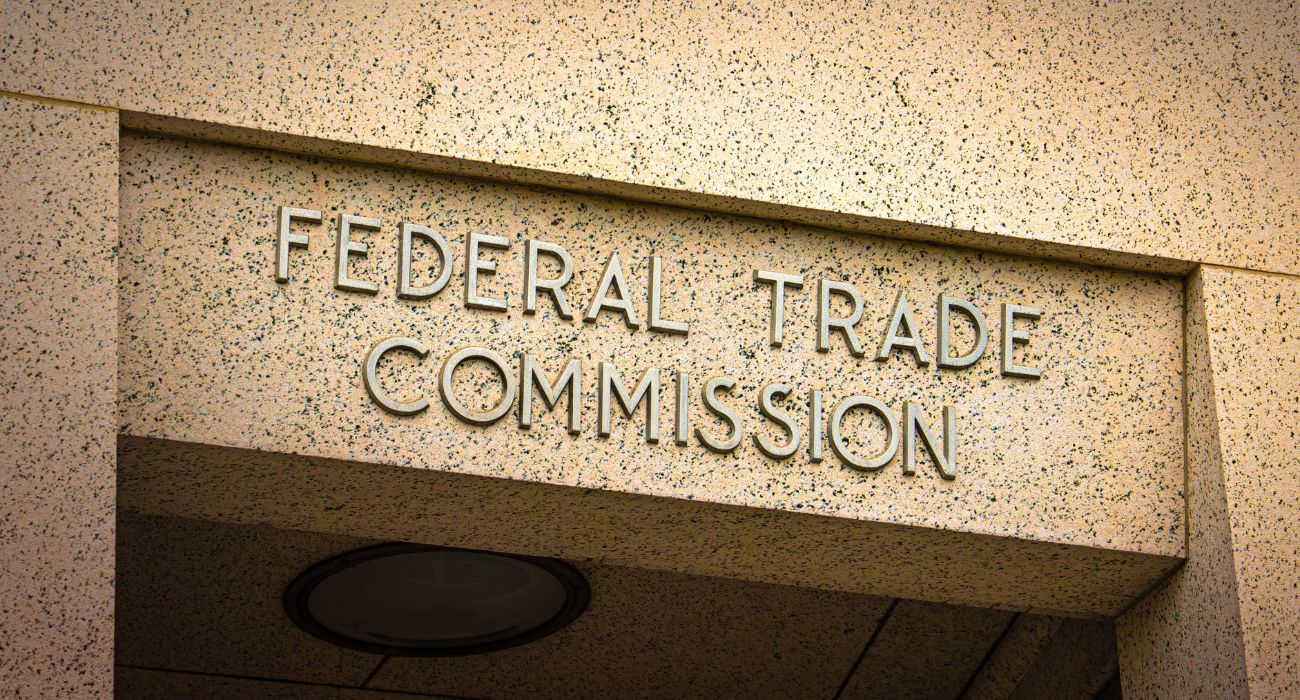A 184-page proposal from the Biden administration seeks to expand benefits for independent contractors, paving the way to reclassify them as employees. The reclassification would provide this segment of the economy with numerous labor protections secured by the federal government.
The proposal redefines the distinction between employees and independent contractors under the 1938 Fair Labor Standards Act. This law covers eligibility for overtime, guaranteed minimum wage, and Social Security, among other items.
The distinction between employment and contracting ultimately comes down to how much control employers possess and what legal protections workers are granted.
Of course, with employment comes specific expectations from an employer; some freelancers may prefer flexibility over a stricter work environment that includes expanded benefits.
The classification debate rose to the surface in California in 2020, when voters in the state approved Proposition 22, allowing gig-economy companies to classify workers as independent contractors under certain criteria.
Representatives from Uber and Lyft supported the proposition, stressing the flexibility their business models provide as something many of their drivers desire.
Highlighting the perceived negative consequence of reclassifying drivers as employees, Uber CEO Dara Khosrowshahi stated:
“As an employer, however, Uber would be forced to actively manage drivers’ schedules, hiring a specific number of employees based on a baseline volume of consistent business… Uber would hire fewer drivers to each do more trips and require them to work a certain number of hours.”
Others support the president’s initiative, such as Rondu Gantt, who works for multiple companies, including Lyft, and is a member of the Gig Workers Rising movement.
“This rule can help establish bedrock protections for app-based workers like me and give us an important tool to fight for respect and safety on the job,” he stated. “Gig workers deserve all of the rights that other employees have, including the right to organize. This rule can also help protect workers all around the country as gig corporations try to bring their abusive model to the rest of the economy.”
In 2006, drivers for FedEx in Massachusetts attempted to unionize with the Teamsters. Because of their status as independent contractors, FedEx refused negotiations.
While the National Labor Relations Board (NLRB) sided with the drivers, the U.S. Court of Appeals for the D.C. Circuit overturned the decision two years later.
The court found the drivers had sufficient flexibility in their working conditions, highlighting their “entrepreneurial potential.” The judges ruled that the NLRB “has no authority whatsoever over independent contractors.”
A similar case emerged years later, similarly involving drivers performing work for FedEx. Again, the judges dismissed it, declaring, “The question before this court was already asked and answered.”






